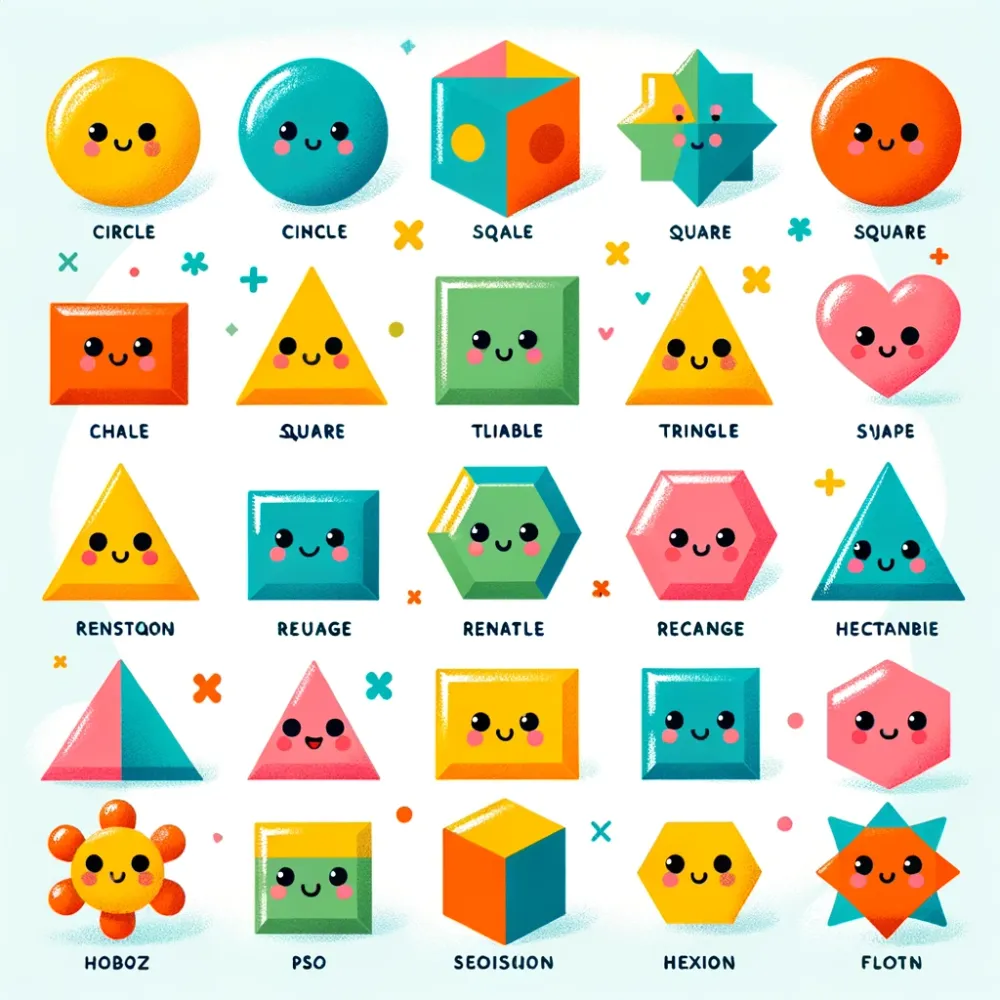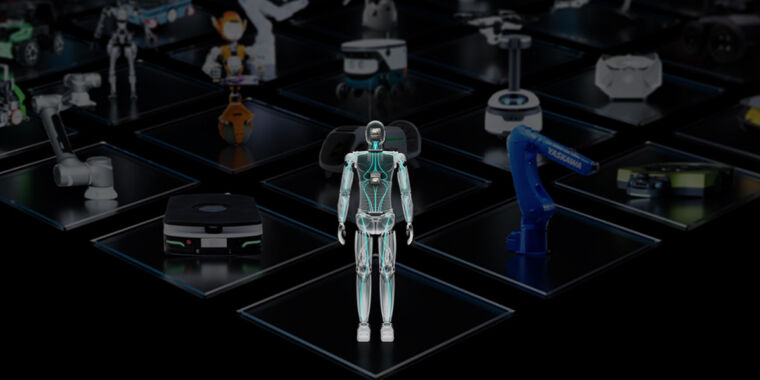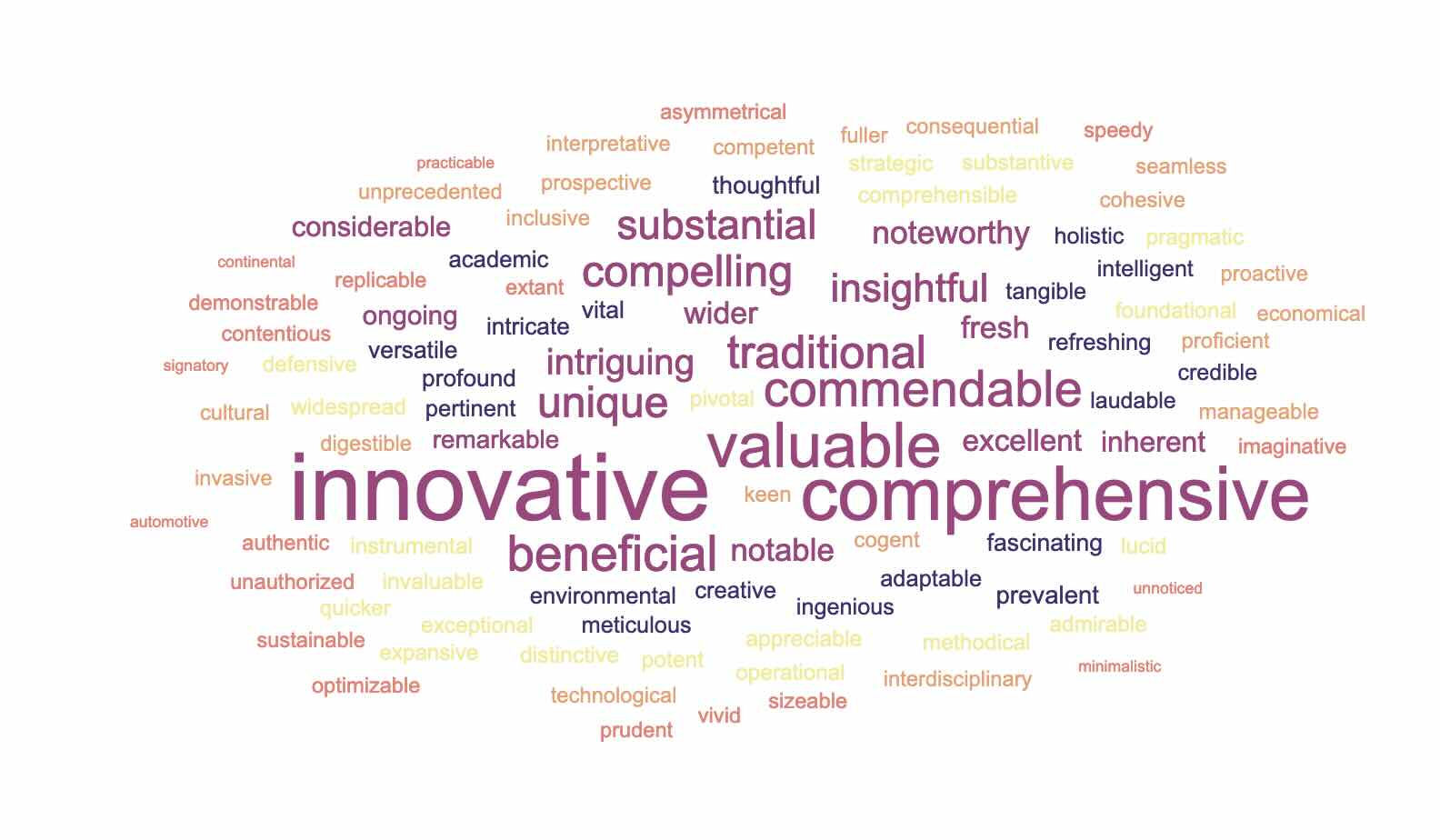AI Week Mar 25: Pysanka-style
Happy week-before-Easter!

Next Monday is a holiday in Canada (Easter Monday), so I won't be sending out AI Week. Our family isn't religious, but we do observe Chocolate Easter (a holiday that needs no further explanation) and some of the Ukrainian Easter traditions, such as the creation and appreciation of the beautifully detailed Ukrainian Easter eggs called pysanky.
Because image-generating AI slurped up pysanky images along with everything else, adding "pysanky style" to a prompt produces delightful results. The image above was generated with SDXL Lightning using the prompt "cat style:pysanky 3d hd".
When AI adds nothing of value
Many of the ways LLM and image-generating AIs are being used right now aren't adding anything of value to the world. Janelle Shane puts this very well in her discussion of the following image:

The fact that even a kindergartener can call out this DALL-E3 generated image as nonsense doesn't mean that it's an unusually bad example of AI-generated imagery. It's just what happens when the usual AI-generated information intersects with an area where most people are experts. There's AI generated "educational material" offered for sale on all sorts of topics - cookbooks that list "the veggies" as a protein and "orange colored" as a fruit, math help that makes basic math errors, and research papers that begin with "Certainly, here is a possible introduction for your topic:". They're not adding anything of value.
By the way, that cookbook is hilariously awful.
AI and the accuracy crisis
I've figured out why I'm so engaged with current AI developments despite having no intention of working in the field. Accuracy is really important to me--it's just part of who I am. I will go back and correct things even if it's likely no one will ever see it. And text, music and art as communication, as media that pass thoughts and feelings from one person to another person, are also deeply important to me. People are using LLMs and image-generating AI to poop on both of those and I hate it.
Google is paying publishers to write articles with AI
Google is literally paying publishers to try their beta "news" generation platform. I put "news" in quotes, because it's not clear to me that any new news will actually come out of it. The article first quotes a Google representative as saying:
"This speculation about this tool being used to re-publish other outlets’ work is inaccurate."
Then, two paragraphs later, the article explains that what the tool really does is summarize and rephrase others' work:
...by indexing recently published reports generated by other organizations, like government agencies and neighboring news outlets, and then summarizing and publishing them as a new article.
I guess that's not technically re-publishing content from "neighbouring news outlets," in the sense that it's not copied verbatim. It's certainly not reporting or creating new news. It's cannibalizing others' work in order to drive traffic: content farming, but without the annoying need to pay content farm jobs.
https://www.adweek.com/media/google-paying-publishers-unreleased-gen-ai/The Daily Mirror's publisher uses AI
I didn't know this, but the publisher of the Mirror, Express, and Liverpool Echo (whatever that is) has an in-house AI named Gutenbot. Its purpose is content farming: paraphrasing an article from site A so it can be reposted on site B.
A significant amount of content on Reach’s network of local and national news is rewritten or reposted from sister sites. Rewrites enable the company to get more traffic out of the same content without duplicating it. However, having large amounts of content on a site which is exactly duplicated elsewhere on the web is believed to negatively impact Google search rankings, a major source of traffic for many publishers. Guten, as Reach’s new bot is referred to by employees, speeds up what is known internally as “ripping”, whereby one Reach site rewrites an article from another. Rather than rewriting an entire article, Guten makes a selection of changes, for example swapping in synonyms or re-phrasing passages, without changing the meaning of the text.

Reach using AI to speed up 'ripping' and use same article on multiple sites
Reach is rolling out an AI tool that enables its journalists to rewrite stories which have already appeared on other sites in its network.
This is a totally relevant McSweeney's:
AI Is Threatening My Tech and Lifestyle Content Mill - McSweeney’s Internet Tendency
As the editor of a content mill that generates great articles every 4.2 seconds, like “Five Hacks for Your Roku” and “Seven Hacks for Your Roku,” I...
Shrimp Jesus
What is Shrimp Jesus and why is He with us on Facebook? The title of this 404 Media article explains it, sort of: "Facebook’s Algorithm Is Boosting AI Spam That Links to AI-Generated, Ad-Laden Click Farms."
I'm incredibly confused about all the "amen"s Shrimp Jesus gets on Facebook. Are the "amen"-ing accounts all bots? If they are bots, Facebook has an enormous, unacknowledged bot problem. But if they're not bots, what's wrong with them?

Facebook's Shrimp Jesus, Explained
Viral 'Shrimp Jesus' and AI-generated pages like it are part of spam and scam campaigns that are taking over Facebook.
Robot Robot
We can do so much better with ML and AI than content farming and Shrimp Jesus. Nvidia, makers of AI chips, are working on a foundation model for a humanoid robot.
The attraction of humanoid robots (as opposed to ones with wheels, or dog bodies) is that we have an entire built environment made to accomodate humanoid bodies, so a humanoid robot has a big advantage in navigating our built environment.

Nvidia announces “moonshot” to create embodied human-level AI in robot form | Ars Technica
As companies race to pair AI with general-purpose humanoid robots, Nvidia's GR00T emerges.
One Awuwuwuwuwu
Apparently text-to-speech also has problems with repeated words. This is totally worth your click. Sound on, wait for it.
I was making a grilled cheese so I turned on text to speech to read this article. Please listen to this part https://t.co/eeUDMts9Dn pic.twitter.com/37HcKCfJHT
— greeny (@dvdfu) March 20, 2024
The article has been "Updated March 21, 2024: We've removed the text-to-speech feature on this story due to a bug with how some of the text was being read."
This week in ChatGPT
Using ChatGPT to write papers for ChatGPT
So, students are getting ChatGPT to do their assignments? Turnabout is fair play: now there are apps to let teachers grade them.
Some thoughts:
- This is the inevitable next step toward a world in which students ask LLMs to "write" a paper for them, and teachers use LLMs to "read" it.
- When the majority of kids use AI tools for essay generation, the minority who don’t won’t just be at a disadvantage on essays: When essays take most kids minutes to complete, teachers will adjust the assignment load upwards. It could become literally impossible to do all the assigned work without AI assistance.
- Why is this a loss? One thing writing essays teaches you is how to organize your thoughts for communication to someone else. Prompting chatbots doesn't teach this.
- Working with AI is going to be an important skill, but knowing how to organize and communicate your thoughts without AI assistance will remain important, and people who don’t learn it due to ChatGPTing their way through school will be missing out.

Some teachers are now using ChatGPT to grade papers | Ars Technica
New AI tools aim to help with grading, lesson plans—but may have serious drawbacks.
Using ChatGPT to write academic papers, take 2
Kids aren't the only ones using ChatGPT to do their work for them: academic authors are too, especially right before a deadline.
In last week's newsletter, I mentioned that searching Google Scholar for chatbot phrases like "I'm very sorry, but I don't have access to real-time information" turns up an embarrassingly non-zero number of published, supposedly-peer-reviewed research papers.
A group of AI researchers, suspecting the problem extended beyond papers containing obvious phrases, trained an LLM on two bodies of text, human-written and AI-written, to winnow out the differences. They found that LLMs use some specific adjectives, including "commendable," "innovative," and "comprehensive", more frequently than humans.

The researchers applied this statistical analysis to the adjectives in papers submitted to AI conferences, and found that about 10-15% "could have been substantially modified by LLMs, i.e. beyond spell-checking or minor writing updates".
What's great is that they found probable AI assistance in (slightly) more of the papers that were submitted 3 or less days before the conference deadline. Procrastination! I may be writing my Monday newsletter at 10 pm on Monday night, but I promise, I'm not using an LLM.
https://www.theregister.com/2024/03/19/ai_researchers_reviewing_peers/GPT 5: coming this summer?
OpenAI CEO Sam Altman isn't making any promises, but GPT-5 might arrive this summer.
By the way, Sam Altman has rejoined the OpenAI board, along with 3 new members. (The prior board had fired him due to "a breakdown in trust between the board and Altman," per an independent review; after a lot of drama, Altman was rehired and most of that board fired.)

GPT-5 might arrive this summer as a “materially better” update to ChatGPT | Ars Technica
Sources say to expect OpenAI's next major AI model mid-2024, according to a new report.
Russia using deepfakes to blame Moscow attack on Ukraine
Russia is using deepfakes to implicate Ukraine in the attack on a Moscow concert hall, despite ISIS claiming responsibility. Because of course they are.

A Deepfake Is Already Spreading Confusion and Disinformation About the Moscow Terror Attack – Mother Jones
The Islamic State claimed responsibility. That won't stop the claims and counterclaims.
Law and Order Dept.
World's first UN resolution on AI adopted unanimously
However, it's nonbinding.

World’s first global AI resolution unanimously adopted by United Nations | Ars Technica
Nonbinding agreement seeks to protect personal data and safeguard human rights.
ELVIS
This, however, is binding, if only in Tennessee: Tennessee (which contains Nashville, aka Music City) passed a law against using AI to imitate artists' voices or likenesses. The ELVIS act, short for the Ensuring Likeness Voice and Image Security Act of 2024 (nice one, Tennessee), extends right of publicity protections to include AI simulacra of artists' voices or likenesses.
In other words: Zombie George Carlin is now against Tennessee law.
There are attempts to get this kind of thing passed federally in the US (eg, the No AI Fraud act), but the music industry isn't optimistic:
While most of the music business is aligned on creating a federal right of publicity, David Israelite, president/CEO of the National Music Publishers’ Association (NMPA), warned in a speech delivered at an Association of Independent Music Publishers (AIMP) meeting in February that “while we are 100% supportive of the record labels’ priority to get a federal right of publicity…it does not have a good chance. Within the copyright community, we don’t even agree on [it]. Guess who doesn’t want a federal right of publicity? Film and TV. Guess who’s bigger than the music industry? Film and TV.”

Tennessee Adopts ELVIS Act, Protecting Artists' Voices From AI Fakes
The governor of Tennessee signed the ELVIS Act into law, cementing protections for local artists from AI deep fakes and impersonations.
AI @ DHS: What could go wrong?
It's not like LLMs have a track record of confabulation and discrimination, or anything.
https://www.theregister.com/2024/03/19/us_department_of_security_talks/SauLM-7B confabulates "less"
This legally trained LLM is called SauLM-7B, and apparently it confabulates "less" about legal matters than about everything else... but it still does make things up, so you still have to have an actual laywer check it. Hmm, so it’s somewhere in between a search engine and an intern?
https://www.theregister.com/2024/03/09/better_call_saul_llm/?td=keepreadingLongread
Today's longread is an entire Pocket collection of AI disasters. Enjoy!
:extract_focal()/https%3A%2F%2Fs3.us-east-1.amazonaws.com%2Fpocket-collectionapi-prod-images%2Ff467bfd5-4fcd-4696-b5ce-8ec940af6cdd.png)
Add a comment: